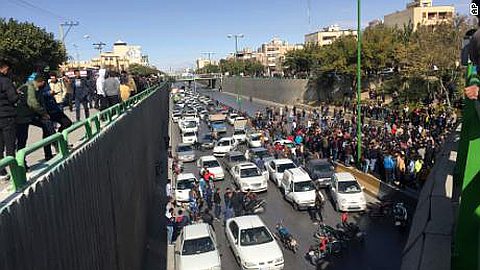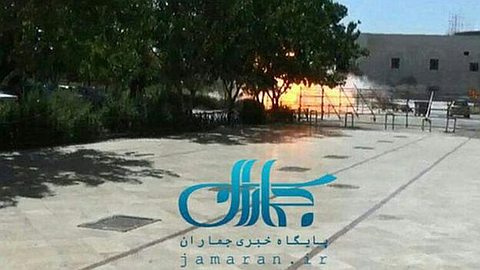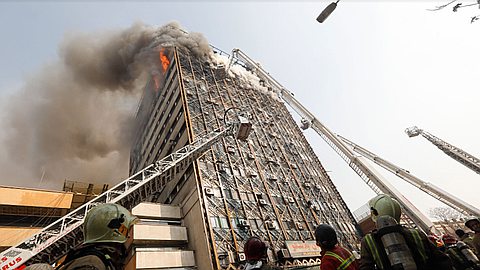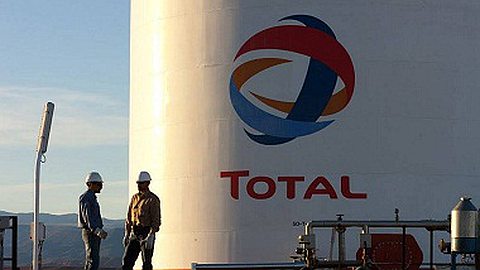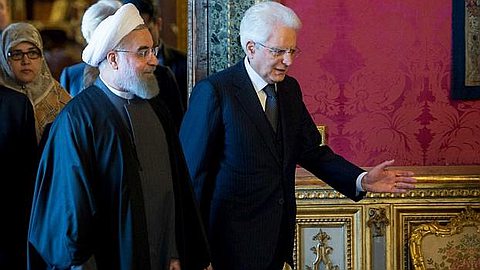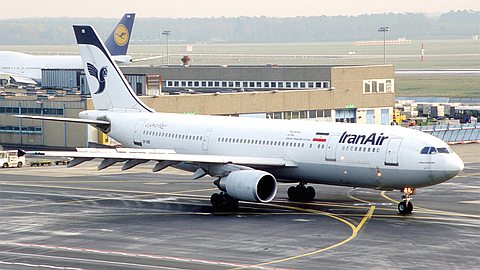Iran’s Sanctions Lift, and the West Goes to Talk Business
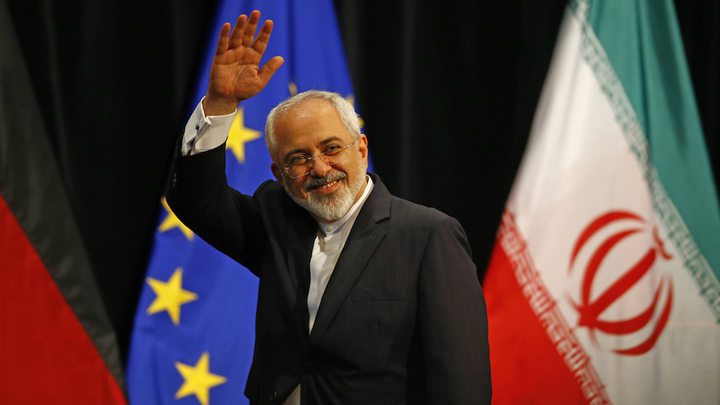
Iranian Foreign Minister Mohammad Javad Zarif
It represents the first wave of a broad rethinking of the Iranian market by Western businesses after they were banned from doing business there for nearly two decades. The nuclear deal led to the lifting of crippling economic sanctions on Iran that have left Tehran with a long shopping list, from planes to cars to oil-field equipment.
Iran’s transportation minister, Abbas Akhoondi, announced the Airbus developments at an aviation event in Tehran, saying that the country had been in talks for nearly a year to buy planes ranging from 100-seat turboprops to the 555-seat twin-deck Airbus A380 superjumbo. However, “there was no way to pay for them because of banking sanctions,” Mr. Akhoondi said, according to state news media.
Companies have long been anticipating returning to Iran, with its 81 million, mostly young consumers who have already shown an avid taste for smuggled Western cigarettes and Apple electronics. Bootleg versions of Western restaurants abound in Iranian cities, from “Pizza Hat” to “Mash Donald’s.”
“There is a huge demand for commercial vehicles, especially trucks,” said Wolfgang Bernhard, the head of Daimler’s truck division. Last week Daimler said it had signed letters of intent with two Iranian partners, Khodro Diesel and Mammut Group, to return to the Iranian truck market it had left in 2010.
At the same time, plenty of investors remain wary at a time when the Middle East is in turmoil and the price of oil — one of Iran’s most lucrative exports — has tumbled to levels not seen in years.
Credit also remains a serious obstacle as major Western banks are waiting for clarity from the United States Treasury regarding the “state sponsor of terrorism” label. The label means that no money intended for Iran can move through American banks, something that is all but impossible to avoid in many modern transactions.
For its part, Iran is promoting an investment law that promises tax breaks to foreign investors of up to 100 percent, the right to send revenue out of the country and protection of investments in case laws are changed. Still, some legal experts point out that the law seems to conflict with the constitution at some points.
Conflicting views among Iran’s political factions could also endanger investments, particularly involving products perceived as symbols of Western consumption. A newly opened restaurant calling itself Kentucky Fried Chicken (most likely a knockoff of its American counterpart) was closed in December by the morality police.
One Moscow investment bank, Renaissance Capital, recently said in a note to investors that it expected foreign investors to follow an arc similar to that of investors in Russia in the 1990s — from enthusiasm to disillusionment — as Iran opens to the world.
